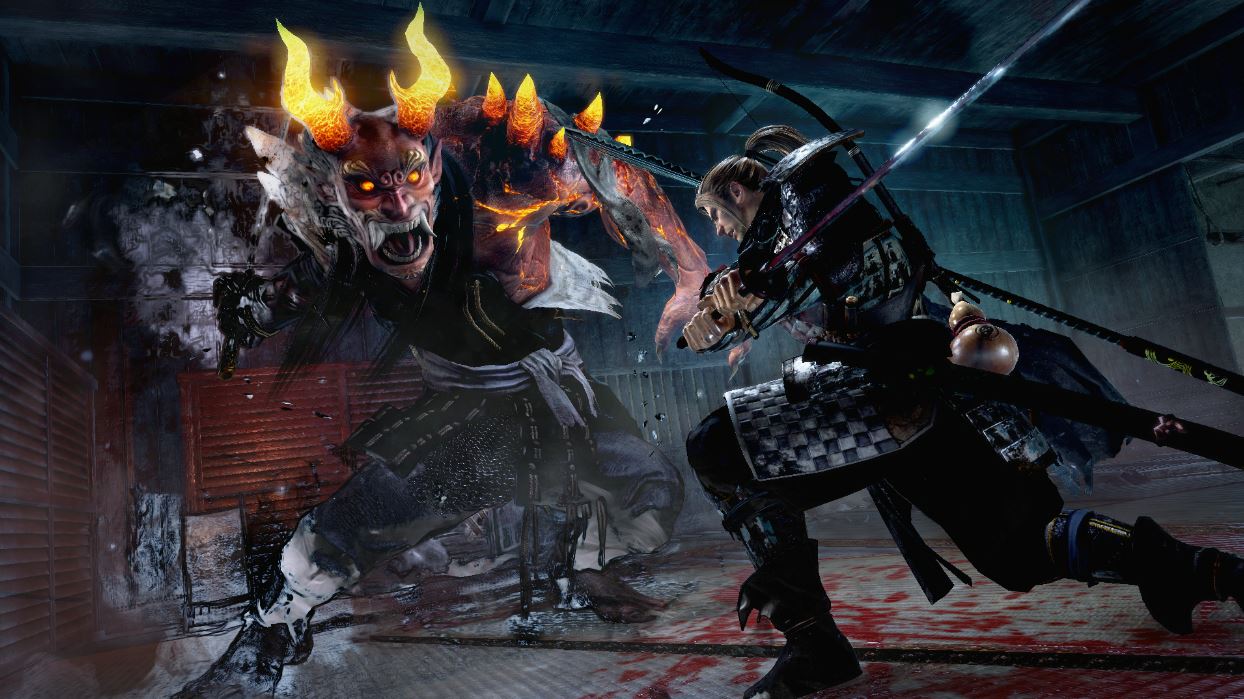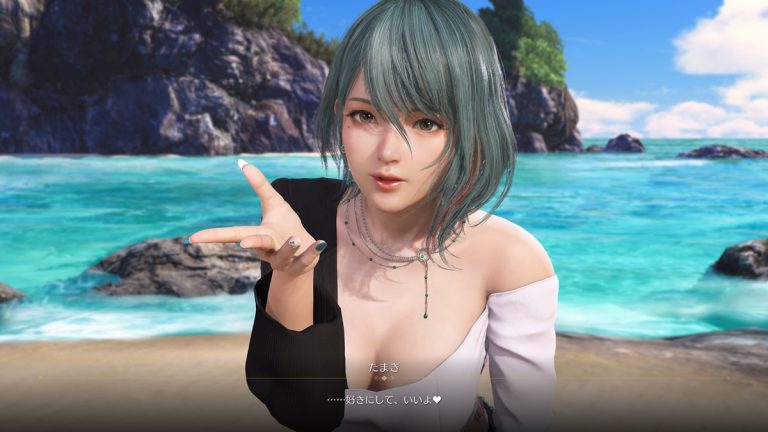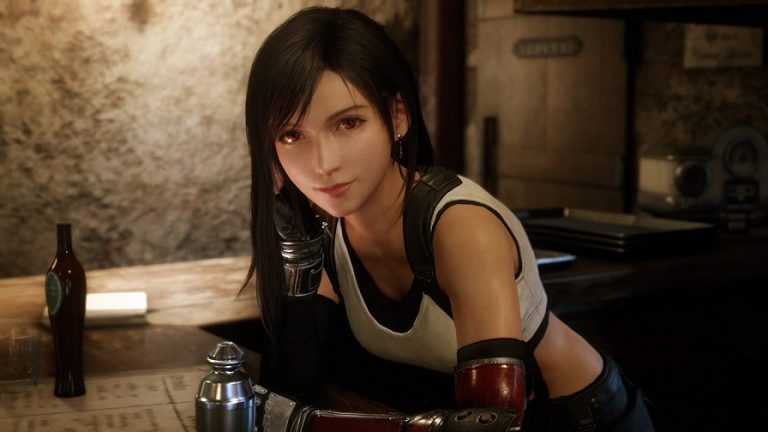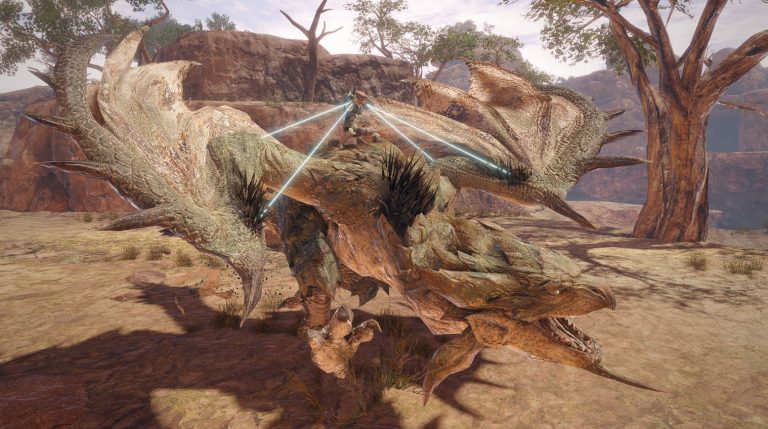Nioh and Wo Long: Fallen Dynasty developer Koei Tecmo recently published its financial statements for the first quarter of fiscal year 2024/25. The report details the company’s profits for the three-month period starting April 2024 and suggests a strong lineup of future releases (including an unannounced AAA game). However, as is often the case with Koei Tecmo, users have been very curious about the company’s non-operating profits (i.e. profit that doesn’t come from their core activities such as video game sales, mobile game transactions and the like).
Koei Tecmo has an impressive track record when it comes to non-operating profit. Their latest financial statement reveals a total of 13.7 billion yen in non-operating profit, which is up by 2.3 billion compared to last year and far exceeds the company’s operating profit (profit from the company’s core activities) for the same period, which totaled 5.7 billion yen.
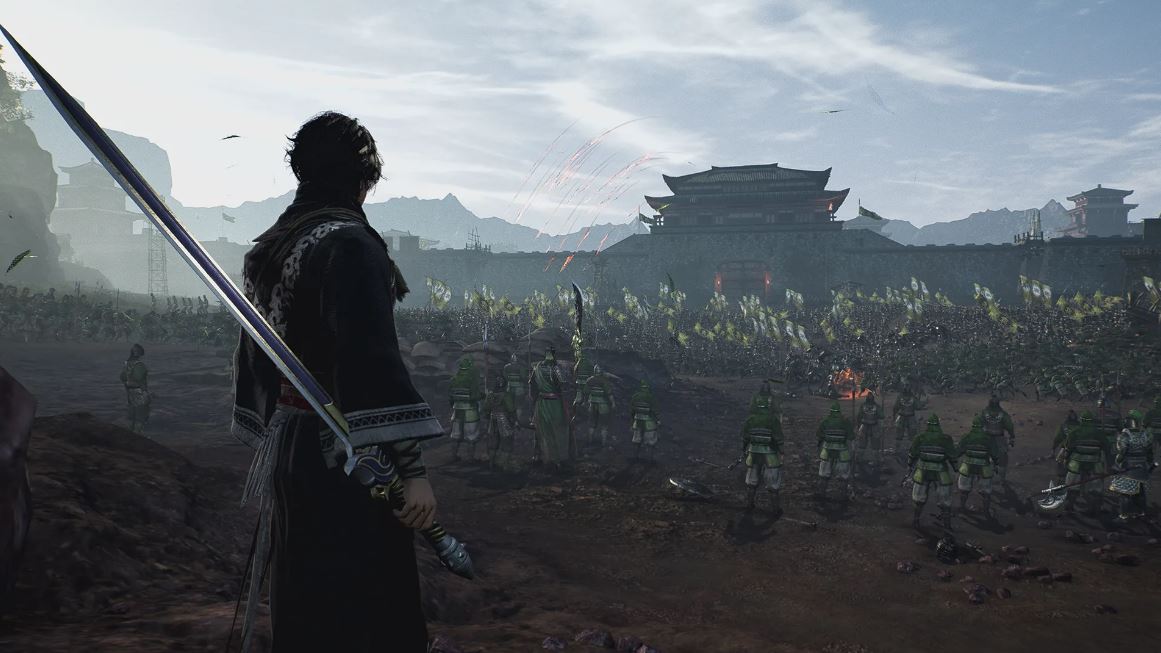
In the previous fiscal year too, Koei Tecmo suddenly published a revision of their earnings forecast due to a large, unforeseen growth in their non-operating income, which was likewise attributed to Koei Tecmo’s Chairwoman and Representative Director Keiko Erikawa, who manages the company’s assets and is known as a stock investment “mastermind.” As an aside, the Chairwoman recently set up a foundation to financially support children from single-mother households.
Instances like this have been common throughout the company’s history, which is why it’s sometimes jokingly referred to by the Japanese community as “an investment company disguised as a game company.” However, at the same time, Koei Tecmo’s way of securing funds and then making whatever games they want is generally celebrated. People have even started wishing for them to release a stock investment simulator game as it would “definitely sell.”
But interestingly, Koei Tecmo has actually already done that, or more accurately put, Koei did, back in May of 1983. The obscure “Investment Game” (jp: 投資ゲーム) had players start out with 1 million in capital, borrow money, buy stocks, follow market fluctuations and have their decisions judged after 60 in-game days. Perhaps a remake is in order after 40 years…?

